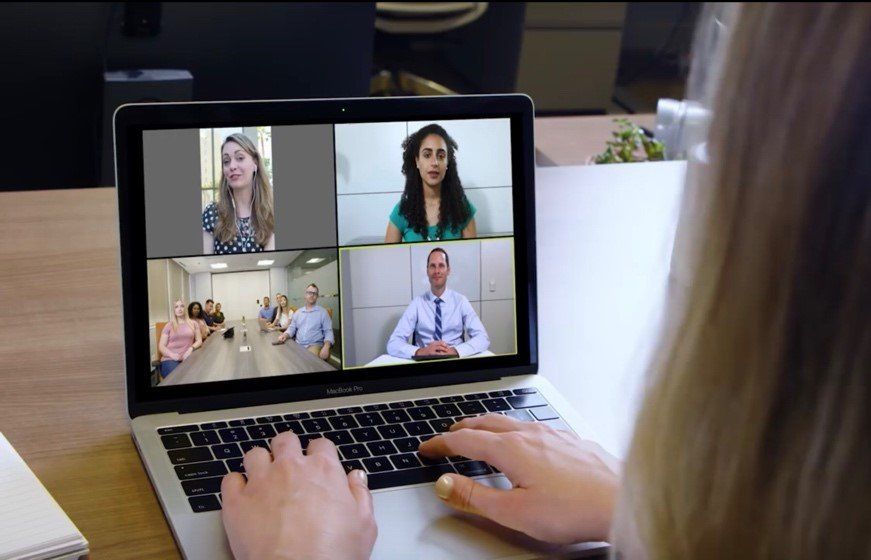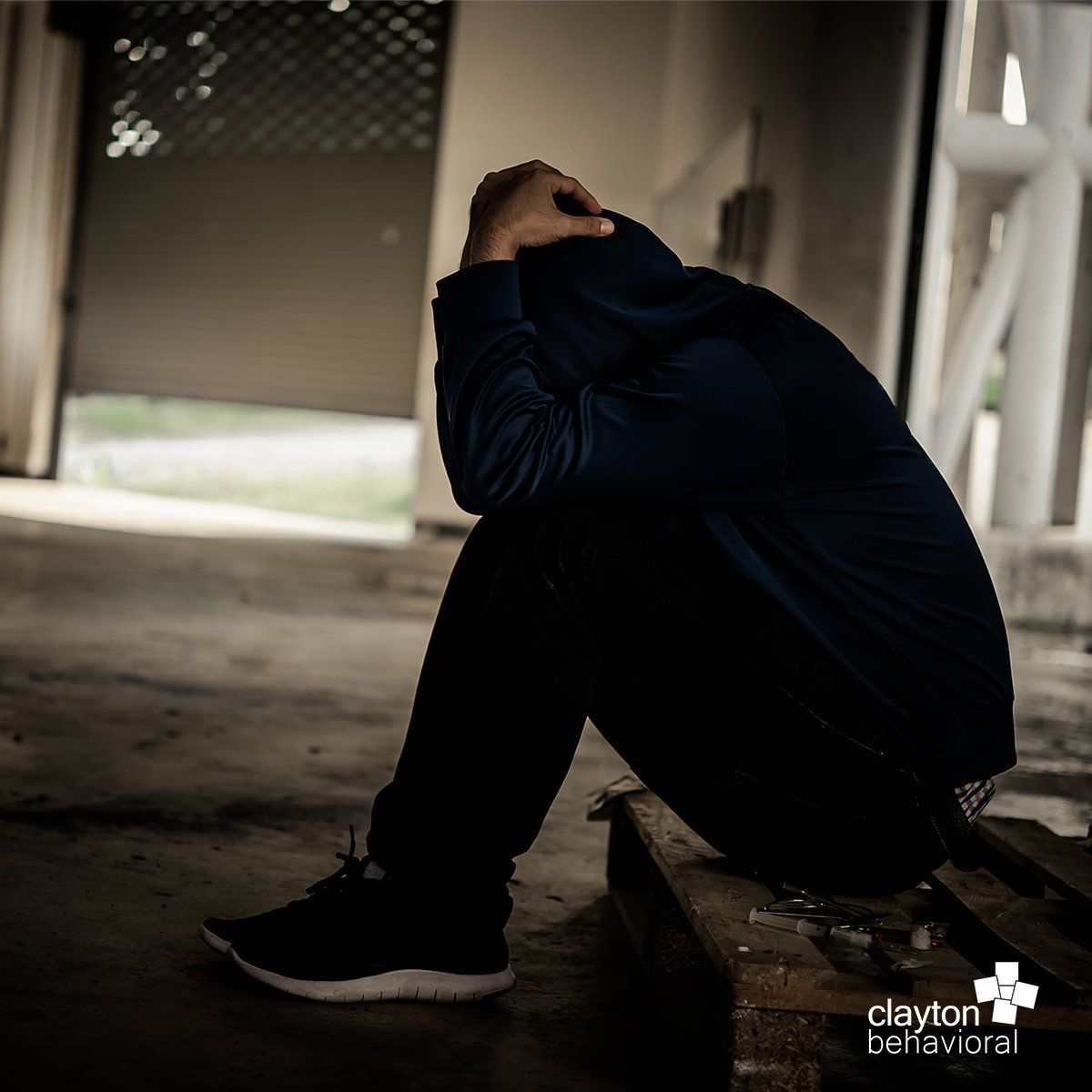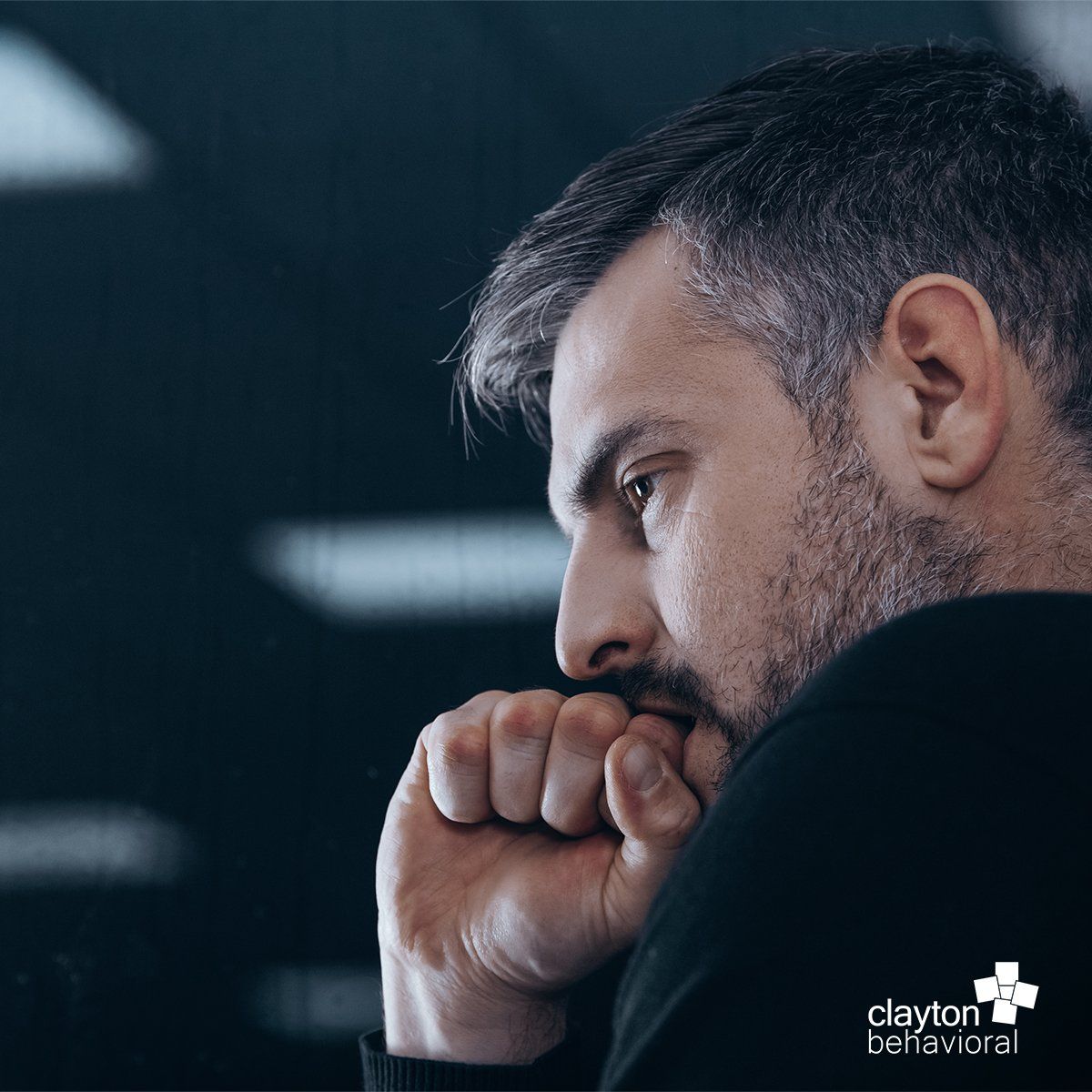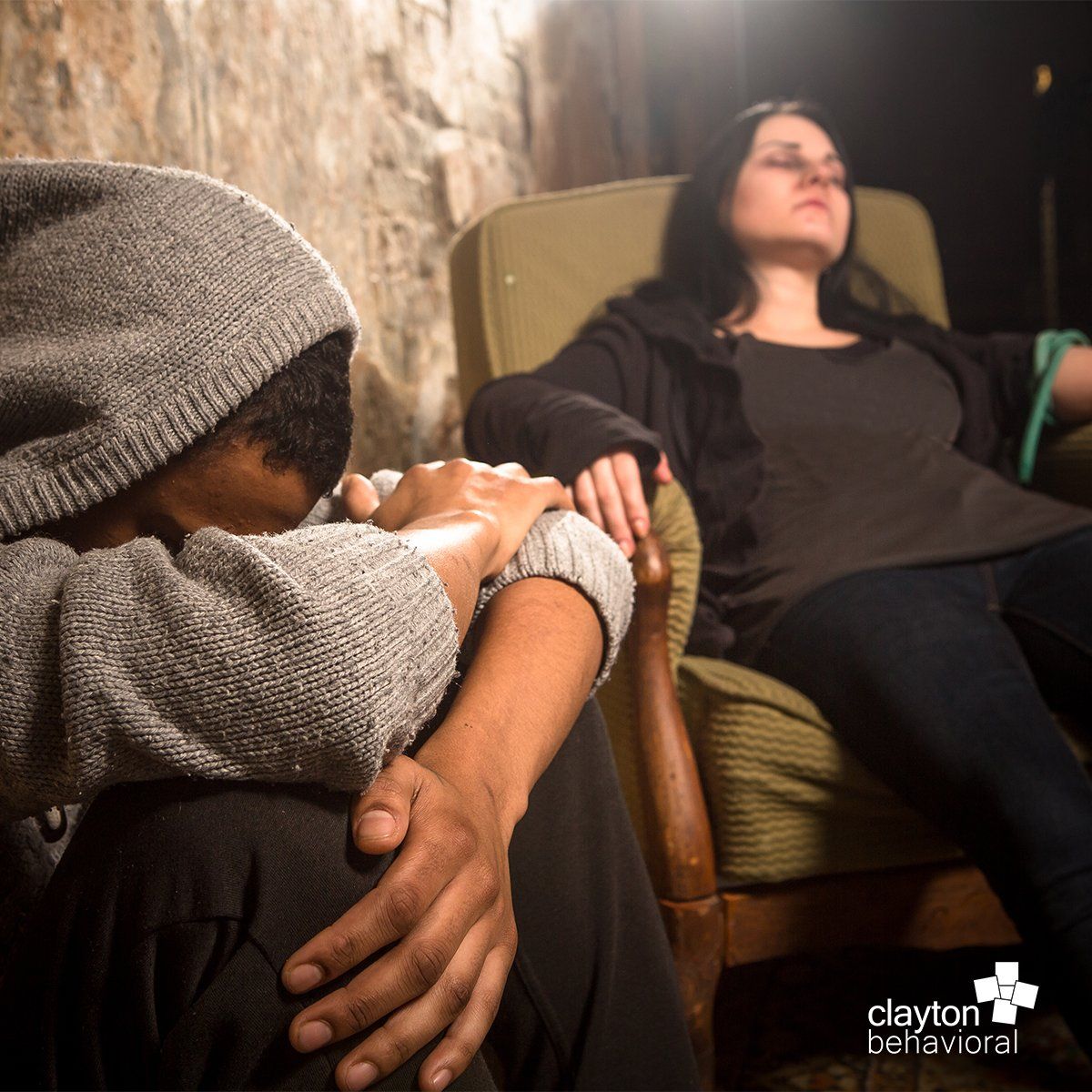Therapy during a pandemic: A family-focused approach to teletherapy

Sheltering in place has thrown a monkey wrench into American family life. While schools are doing what they can to provide distance learning, parents have been thrust into the role of home educators and 24-hour caregivers. Meanwhile, working parents are juggling new work-at-home demands and technologies. Teenagers seeking independence are stuck at home, pining for their friends. Nearly all of us are uncertain. What will this pandemic mean for us and our families? Has anyone we know been infected? Will they be? How will the pandemic affect the security of our family and those we love?
Mental health problems are among the most common that Americans face. In times of stress and change, they often get worst. Anxiety can become more obsessive or panicky. Depression can feel more hopeless. Desperate for some relief, we will sometimes turn to unhealthy coping strategies such as drinking, overeating, isolating, or overworking. Closeness within our household can increase conflict and misunderstanding. Separation from family members can contribute to worry and isolation. Now more than ever it is important to take care of ourselves: physically, mentally, and emotionally.
Providing a safe, quiet, and comforting space has always been a strength of office-based therapy. But technology has advanced significantly. Today, video sessions feel much more like office visits than they used to. Joining a trusted therapist for a break from the crush of life can provide a healthy and much needed refuge from life's demands. Saving time on the commute to and from the therapist’s office can actually reduce stress and make therapy more practical.
With teletherapy, it is easy for family members to join a session from multiple locations and to feel like they are together in the same room. This feature of teletherapy can help us to address estrangement, isolation, and family conflict in ways that used to be out of reach.
When family members join a session from the same household, we encourage them to go to separate rooms and use separate devices. That way each person’s face and voice is clear and no one is left poking their head in from the edges of a device. This "facetime" can help focus each family members' attention on the work they are doing together.
Teletherapy platforms provide a virtual waiting room so that a therapist can see clients arrive and make sure their virtual office is empty before letting another client or family inside. This feature increases client confidentiality by eliminating waiting room interactions.
Many studies support the effectiveness and feasibility of teletherapy for a variety of mental health problems. If you or someone you know is struggling with a mental health or relationship problem, it may seem like an unlikely time to start therapy. But in fact, therapy has never been easier.
Some problems that can be addressed by teletherapy include:
- Anxiety and/or depression
- Divorce
- Substance Use
- Living with chronic illness
- Interpersonal conflict
- LGBTQ support
- Life cycle changes
- Death of a loved one
- Behavioral problems
- Becoming a caregiver
A Family Therapy approach can help:
- Promote understanding
- Improve communication
- Identify patterns in family functioning
- Improve ability to work together to alter conditions that contribute to unwanted behaviors
- Provide a safe space to discuss difficult topics
You can read more about me here. Set up an appointment by leaving a message at (314) 222-5873 or by emailing acacia@claytonprograms.com.










